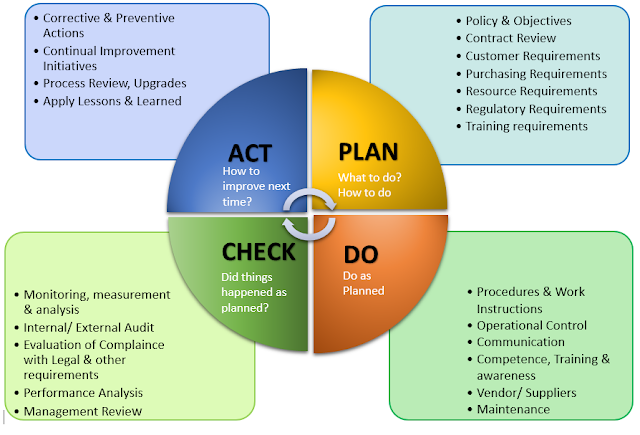Domiciliary audits are not often discussed within social care however they form a key part of the quality assurance, ensuring that care and tasks are being carried out in line with standards expected, understand what is going well and where there can be improvements. Home care staff are lone working and audits are vital to ensure a safe and effective service.
Some of the key audits needed include:
- Infection control – This audit ensures that staff are adhering to infection control protocols such as wearing gloves and aprons (changing them appropriately), hand hygiene practices, cleaning and disinfection procedures. Effective infection control measures help prevent the spread of infections among the people they support.
- Contingency Plan – this audit ensures that emergency response procedures are up to date, that drills are carried out, whether the service has the necessary equipment and resources readily available to respond to bed rail-related emergencies, whether there are any training needs etc.
- Accident and Incidents – This audit will ensure that the service has detailed records on accidents and incidents, investigations are carried out, further reporting as needed have been completed and that lessons learnt/corrective actions have been put into place.
- Medication – This audit ensures that medications are administered correctly, doses are accurate and there are no discrepancies in recording. If you have digital systems in place for managing medication, then these should be daily.
- Staff Files – this ensures that staff that all employees have the right to work checks, qualifications are documented, documentation with expiry dates are monitored and actioned (such as passports etc)
- Staff vehicle checks – staff working in home care rely on their vehicles as the place of work and it is a legal requirement that as their employer you know that the vehicle they are driving is safe for work and insured. Vehicle checks should involve MOT and driving licences.
- Safeguarding – this ensures that the service has an effective safeguarding policy, procedures are being followed and that staff are trained in recognising and responding to safeguarding concerns. The audit should also ensure that investigations are taking place, the appropriate authorities are being referred to (CQC/local authority/police etc) and that lessons learnt are embedded.
- Training – assessing training and competency of staff in providing care ensures that staff have the necessary skills and knowledge to meet people’s needs.
- Website audit – if you are a private care provider, then your website is your shop front, and you should be checking it on a regular basis to ensure it is up to date, active and reflective of the services you offer.
- Social media audits – like your website audits, you should be ensuring that your social media accounts are active, reflective of your brand, within your brand guidelines, queries/messages are being responded to, any internal objectives (such as follower count, post count etc) are being met.
- Feedback Audit – You should ensure that your team are contacting the people you support on a regular basis to seek feedback, check their needs are being met, if they have other support needs. The audit should contain a section that documents the actions taken.
- Customer Files/Records Audit – this is important to ensure that the people you support have fully details care records, notes are completed, are accurate, detailed and reflective on their needs.
- Health and safety Audit – whilst you may not have a large number of staff on site, you are still responsible for ensuring that first aid kits are maintained, fire drills are carried out, staff know how to report concerns, fire extinguishers are checked etc.
- Compliments and Complaints Audit – a monthly audit on all compliments and complaints should be completed to address areas of concerns, highlight good practice, implement changes to drive the company forward, ensure complaints are investigated etc.
- Mystery shopper Audit – it is vital that you know how your team are responding to enquiries and mystery shopper audits should be undertaken to ensure that they are responsive to answering the phone, giving detailed and factual advice, they are being honest with capacity available, that document is posted/emailed as promised etc. There are organisations that can do this on your behalf.
- Company vehicle Audit – you should be ensuring that any company vehicles are checked once a day and a fuller check weekly to ensure they are safe to use.
- Falls Audit – these audits should be carried out as and when there are falls, to ensure that the person can remain living safe in their own homes, equipment referrals can be made, support needs can be reviewed etc.
- Maintenance Audit – this ensures that maintenance tasks are being carried out (and in a timely manner), that checks of the property (internal and external) are being carried out and that staff are aware of risks and how to report them.
This list is not exhaustive, and there may be other areas in your service that need to be audited.
Auditing is essential for care providers, and it is important that you develop an audit matrix to evidence how often you are checking.
Digital solutions such as Audit On Cloud by InvictIQ can support with this. Their AI powered Action Planning not only automates the process but also identifies gaps and areas of improvement in the specific Key Question or Quality Statements. The recently launched Survey/Feedback module within the platform by InvictIQ enables users to conduct surveys seamlessly while leveraging AI-powered sentiment analysis. This innovative feature not only facilitates the collection of feedback but also assists in understanding and categorising responses, allowing users to prioritise actions, especially in response to negative feedback. Additionally, automated reviews and key insights accompany each survey, enhancing the overall feedback management process.
Providers should ensure they have clear action plans from each identified issue, and then measurable steps to take to overcome these. Action plans are a great way to evidence continuous learning for the regulator.



